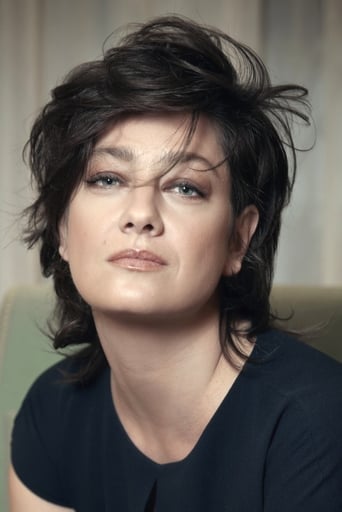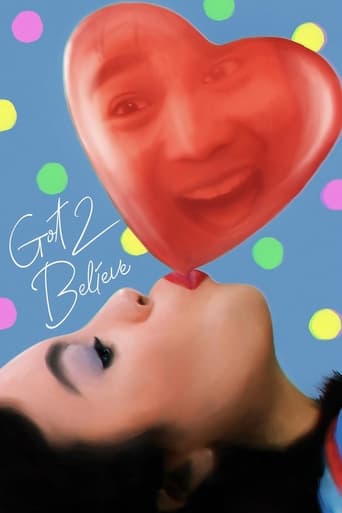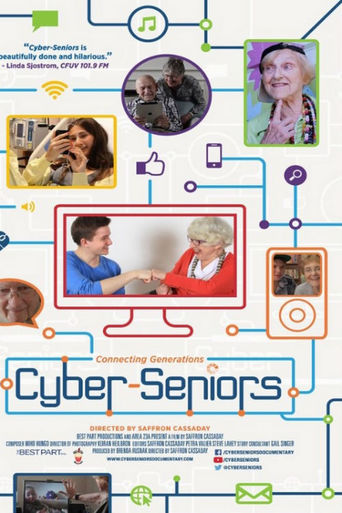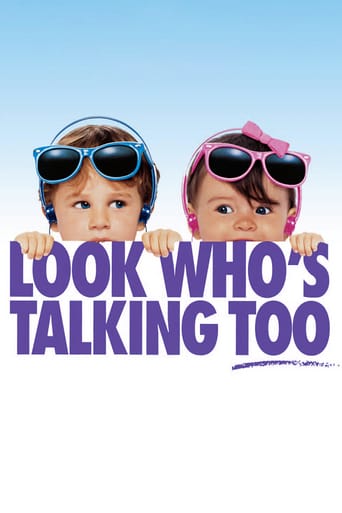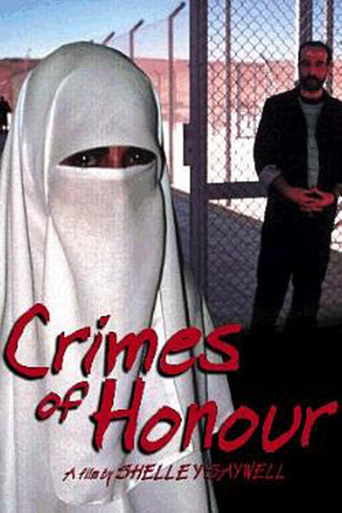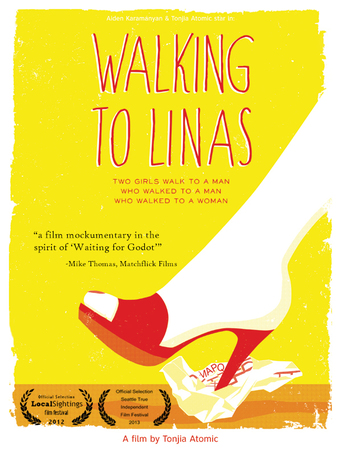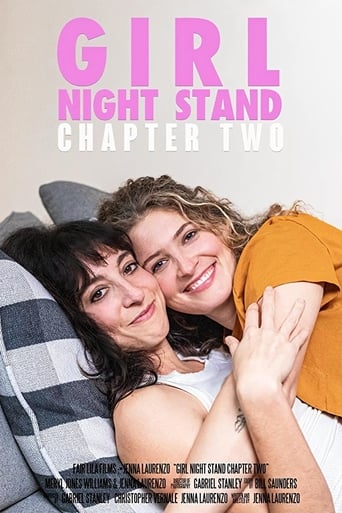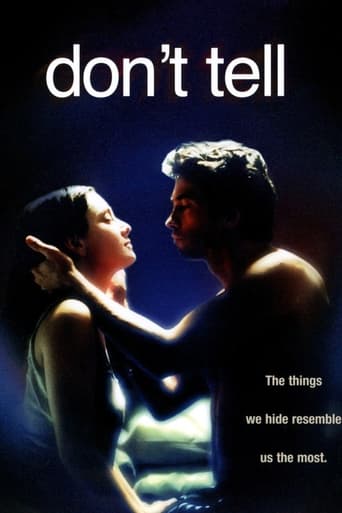
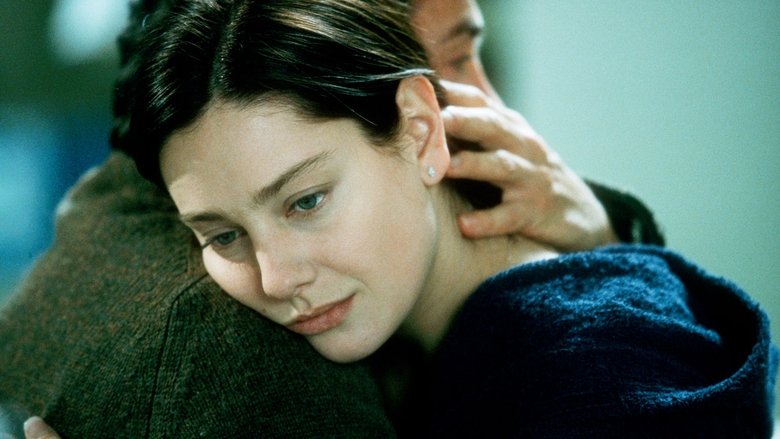
Don't Tell (2005)
Sabina has a regular life. She is satisfied with her job and her love for Franco. Lately nightmares start disturbing her, and almost in the same time she discovers to be pregnant. Step by step she remembers her childhood spent within a severe middle-class family. But a big secret is hidden within her heart. Sabina wants to contact again her brother, a University teacher in the US, to try to understand what is happened in their past. What is the secret? She is determined to bring clarity and serenity in her life. She finally manages to free herself from her "beast in the heart".
Watch Trailer
Cast


Similar titles
Reviews
Seeing the poor cinematographic qualities of this movie, I pondered for a while whether it was intentional or not for the director to make this movie look like a soap opera. Given that Franco, in the movie, is a soap opera comedian, and he has discussions with his director about theatre and cinema vs TV.I thought there was some kind of clever smart-ass postmodern metaphor about the movie itself, to it. And I kept watching, and watching.. and .. no.. it never came.It really just is a cheap movie that looks and feels like a very bland soap opera.
The director has written 4 books and directed 7 films but this is her first film based on her own book. She said it has been a challenging task for her to direct this film because one has to betray the book while directing its film version. It has been a difficult task for her to cut out many written in her book.In general, it's a well-done film about many unusual relationships: family relationships (including father-daughter, mother-daughter, father-son, mother-son, brother-sister relationships) involved in pedophilia, lesbian relationship, co-cohabiting couple relationship in an adultery, divorced couple relationship in an adultery. Exactly because of such a wide angle about relationships, the core element about victims/survivors of pedophilia has been dealt lightly but conscientiously.Very good acting from the supporting actresses Angela Finocchiaro and Stefania Rocca. The acting of Giovanna Mezzogiorno is less natural. The anxiety she delivers in this film is not that of being in a pedophilia victim-hood, but more of that of her impersonal and emotionless involvement.Two scenes I found unnecessary in the film. One is the (imagined) kissing scene of Emilia and Sabina. Enough evidence has been given (though later) suggesting Emilia is a lesbian, so no need of showing this scene. Another disturbing scene is when Franco was watching Sabina playing with his children. I found it redundant to show the detailed scene of Sabina's conversation with the children.In addition, the plot is well-linked through narrating all correspondences (letters and emails) between the protagonists. A neat idea.
If you liked "Ricordati di me" and "La meglio gioventu'" you will probably also like "La bestia nel cuore". If, on the other hand, you found it painful to watch those films, both because they are so bad "in assoluto" but also because you can only feel distraught at how far they have fallen from the masterpieces of Italian cinema, then "La bestia nel cuore" is not for you. "La bestia nel cuore" has the same melodramatic dialogue and plot, the same soap-operatic style of acting (Alessio Boni, who is in this one and also in "La meglio gioventu'" is the worst offender), the same mawkish musical score (strings abound), the same uninspired direction (according to the standard TV play-book), the same cast of bourgeois and petty bourgeois characters (each and every one self-absorbed and "antipatico"). The present cohort of young Italian actors and directors was the first generation to be raised and steeped in television, particularly in the very bad TV series imported from the US in the 70s and 80s—and it shows. But the explanation goes deeper. Italian cinema from the late 40s through the mid-80s was, at its best,a cinema that chronicled and portrayed the post-war crisis in Italian society, economy, politics, and mores. Its characters were at once fully fleshed out in psychological terms but also representative of and immersed in this crisis of Italian life. In a sense, their individual egos were the backdrop to that crisis, and the films had an edge and urgency to them (however light and comedic at times), because they spoke directly to the crisis. The current spate of bad Italian cinema has reversed that relationship: Italian society is a mere backdrop to the crisis in individual psyches. And since the psychology here is strictly pop and 3rd rate, the resultant cinema is little more than pap and drivel. (Incidentally, Bertolucci's work is itself illustrative of this trajectory—and even Moretti's recent work, "Il caimano", a film nominally about Berlusconi, lapses into this kind of navel- gazing.)One point of critical trivia that I cannot resist: Why should Daniele's child, born and raised in Charlottesville Virginia by an Italian father and an American mother speak with a British accent?
Quite interestingly, this movie is based on a novel written by director Cristina Comencini herself. It is the story of Sabina (Mezzogiorno), a woman that suddenly discovers that her late father had sexually abused her. As a consequence of this epiphany, she flees to join her brother, now a professor of classical literature at the University of Virginia. During that fortnight she realizes she was not the only one in the family that had gone through such a nightmarish experience. Meanwhile, back in Rome, her partner is unfaithful to her and her two best girlfriends (one of whom is blind and the other has just been left by her husband for a girl of 20), fall in love with one another.Yes, this is a bunch of material to work with and to squeeze all of it in a single 100' movie is a bit risky. Actually not all is credible. For example, the parallel story of Franco, Sabina's boyfriend, is not really interesting. Sabina foretells he will go to bed with the first girl he meets while she is away and quite obviously this proves right: a young girl forces her way into Franco's apartment on New Year's Eve and when he tells her to go, she stays because she knows there won't be taxis available (what the hell should the guy have done?). All in all the character of Franco is a bit dumb.The Sapphic love story between the blind girl and Sabina's colleague could have been weird, but is interesting instead, most of all thanks to the quality of the two actresses (Rocca and, especially, astounding Finocchiaro). Beautiful Giovanna Mezzogiorno, not surprisingly, does a good job.The main issue of the movie, incest, is focused in the right way, not too melodramatic, but rather balanced between Sabina's nightmares and her brother Daniele's quiet hate and rational will to carry on. Unfortunately, the ending is not really interesting. Plus, Lo Cascio is correct, but nothing more.I liked the flashbacks from what seems to be an apartment in the 70s: a dark, dusty place, with seemingly no windows at all, a perfect place for perpetrating sinister family crimes and bearing them silently (the character of the mother). The Charlottesville segment is convincing, if a bit long. It is not a digression, but rather the most important section of the story. During Sabina's US stay we almost forget about her connections with the characters she left in Rome, and for half of the movie the stories run parallel. Later they suddenly reunite, which results in something of a clash.In a sequence, Comencini pays homage to some great Italian directors of the past (I caught a glimpse of pictures of at least Fellini, De Sica and Pasolini). Ironically, the sequence is set in a TV studio where a laughable series about a hospital is being shot. TV fiction is explicitly criticized, although later in the movie this attitude changes a bit (Franco, who has worked on the stage and for the cinema, accepts the part of an anesthetist with stupid dialog and even says they occasionally shoot scenes with virtuoso camera movements!).Comencini is not a Fellini or a Visconti, nor are her Italian colleagues of her generation. But it is not their fault: cinema and the movie market have changed a lot since then. But as long as correct, high standard movies as La bestia nel cuore are produced in Italy, there is nothing to complain about. Go on like this.


